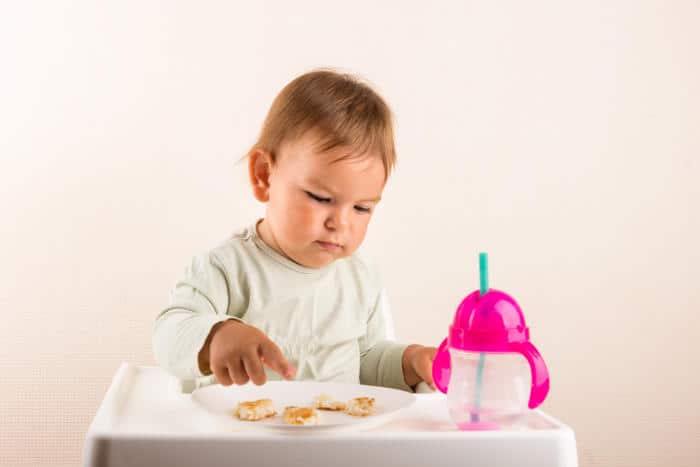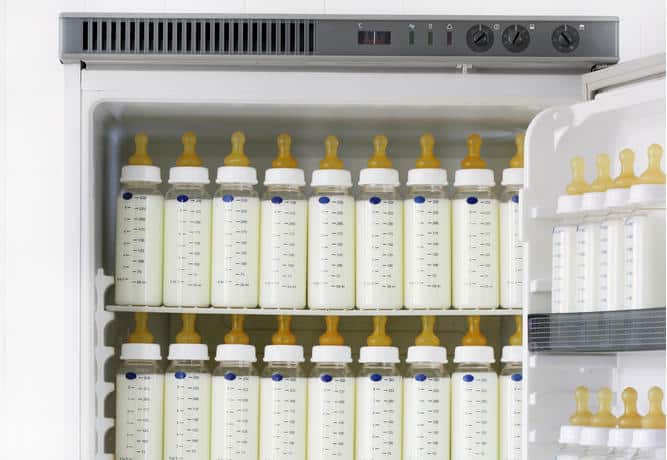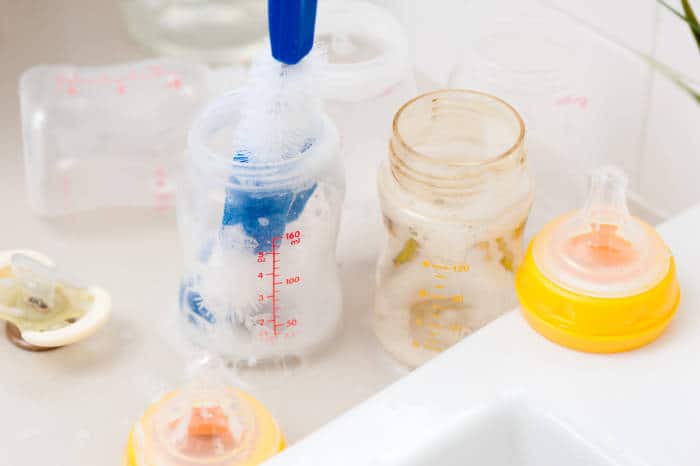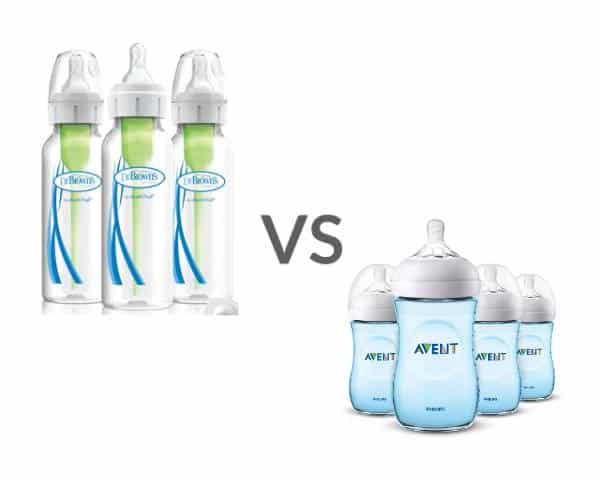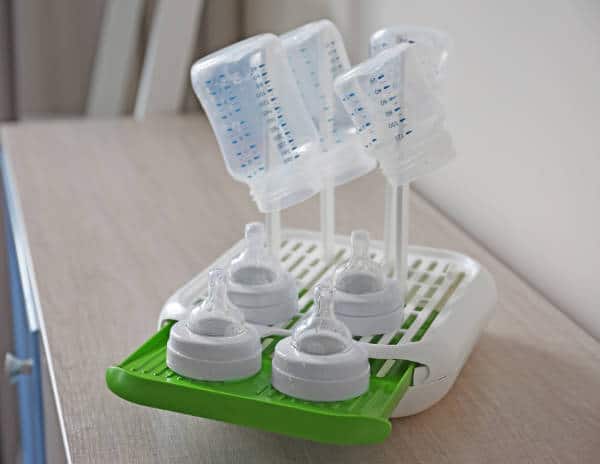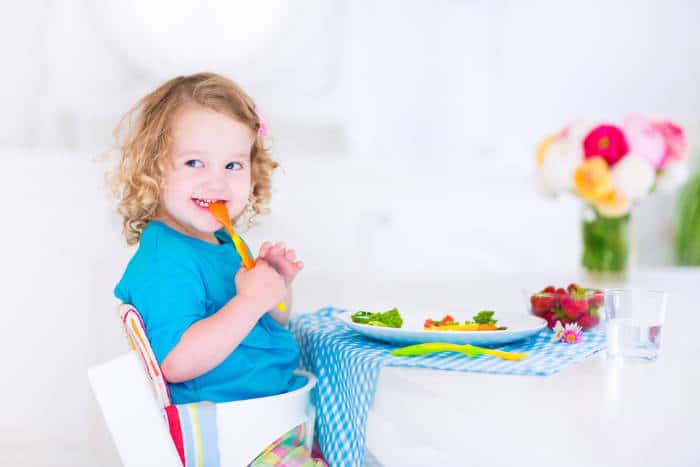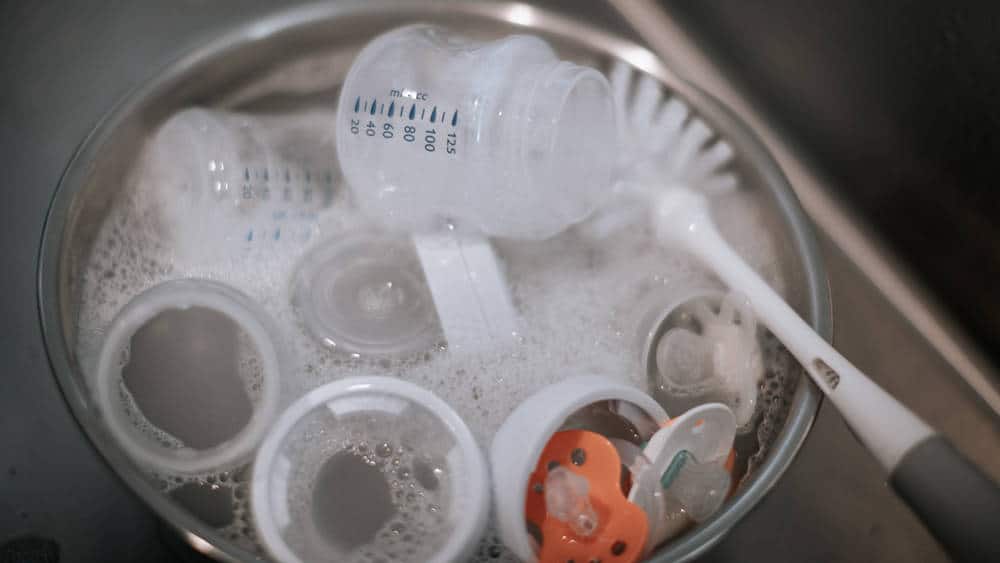When you’re a new mom, there’s an overwhelming sense that you need to consume every bit of knowledge out there to keep your baby safe, healthy, and happy. You go over baby proofing, CPR, crib safety, and weigh the pros and cons of breast and bottle feeding.
In your quest for the ultimate parenting knowledge, you’ll inevitably run into the do’s and don’ts of eating while breastfeeding. The problem with that is, many parenting books tend to hype up the effects of certain foods. By the time you’re through, you’re too scared to consume even one cup of coffee, drink the glass of wine, or have that chocolate bar you’ve been craving since lunch.
Experts (La Leche League) tend to agree on this matter though. For the most part, breastfeeding mothers do not need to alter their diet. Everything is safe in moderation – even when you love to drink hot chocolate. Everything you say? Yes, but if you’re still on the fence, keep reading below for an in-depth explanation.
What’s in chocolate that’s bad for babies?
Let’s get down to the nitty-gritty… Like your morning Joe, there is caffeine in chocolate. Or actually theobromine. In some cases, the terms caffeine and theobromine are used interchangeably on the internet. While some companies add caffeine, in most products, the stimulant is actually theobromine). We know that low amounts of caffeine won’t affect your baby. In general, most experts agree that one or two cups a day won’t impact your breastfeeding infant. Chocolate is the same way. When consumed in moderation, eating chocolate while breastfeeding is fine. What about chocolate-mixed foods like chocolate chip cookies? You can also take it occasionally. What’s important is you eat healthy food to provide yourself and your baby with essential nutrients.
If you’re already consuming your allotted dose of caffeine intake from your daily coffee, you may want to watch that.
Caffeine isn’t the only ingredient you’ll need to be mindful of though. Chocolate also contains anandamide, tryptophan, and polyphenols. The latter two actually stimulate cannabinoid receptors in the brain.
Is white, milk, or dark chocolate better?
When looking at the substance theobromine, you’ll find that dark chocolate contains the most. Milk chocolate falls behind it and is less likely to affect your baby’s mood from consumption. White chocolate isn’t actually chocolate as it doesn’t contain cocoa. So, it won’t contain any theobromine or caffeine and is the best option if you’re looking to avoid that ingredient altogether.
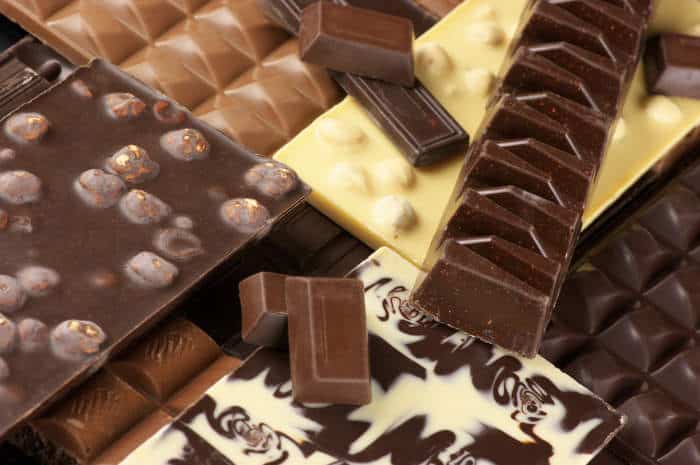
Can eating chocolate when feeding make your baby irritable?
You can rest assured knowing that consuming that candy bar after lunch or the piece of chocolate birthday cake probably won’t affect your baby. Science shows that you’d have to eat around 750mg of caffeine or theobromine to cause any noticeable changes to your infant’s mood or sleep schedule.
For reference:
- An ounce of milk chocolate contains about 6 mg of theobromine
- A (small) cup of regular coffee contains around 130 mg of caffeine
- A cup of decaf only has 3 mg of caffeine
Can chocolate affect your milk supply?
Good news, you can also rest assured that eating a moderate amount of chocolate won’t affect your supply either. You may have heard that consuming chocolate inhibits breast milk production because of the caffeine, but that information is often muddled with the effect of drinking coffee (which is also fine). Often, the lower supply from coffee drinking has more to do with drinking more coffee than water during the day which can lead to dehydration and lower supply.
How long does chocolate stay in breast milk?
So, you’re still a little worried about consuming chocolate? Well, let’s go over the half-life of theobromine. It does linger for a while, 7 hours, give or take 1-2. Again, it would take a hefty dose to make even the smallest impact. For example, a mom would have to scarf down one 4 oz chocolate bar every 6 hours for a nursing baby to get 10mg of theobromine.
But what if my baby is getting fussy after I eat chocolate?
Mothers know best. That’s a saying for a reason because moms have a certain intuition when it comes to their kids. So, if your baby is fussy, irritable, has trouble sleeping, or has digestive issues, be mindful that they may have a sensitivity.
It could be a sensitivity to caffeine, cocoa, or even milk. Milk protein intolerance can wreak havoc on the digestive system and leads many nursing mothers to cutting our dairy. When dealing with symptoms that mimic allergies or intolerances, consider an elimination diet and keep track of the symptoms.
For more information about foods that may impact your little one while nursing, consider reading our article on Breastfeeding Diets which goes into what symptoms you need to look out for and common allergens that can affect your baby.
Other causes for fussiness
If you’ve gone over your diet with a fine-tooth comb and already cut out caffeine, chocolate, eggs, milk, and nuts, but your baby is still irritable and suffering from tummy aches, it might be time to consider it doesn’t have much to do with chocolate or anything else you eat. Some babies have reflux. If that’s the case, it might be worth checking out how to make them comfortable in a swing or seats that will hold them at a comfortable angle after eating to decrease the effects of acid reflux. There are some great examples in our best baby swings for reflux roundup!


